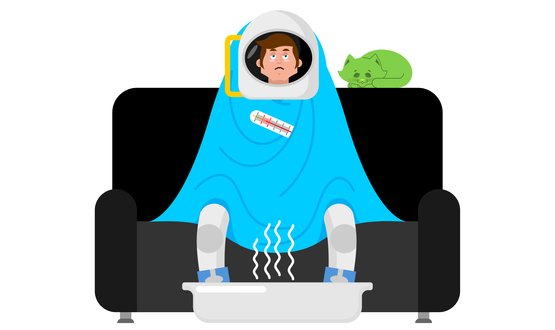Royal Liverpool pilots kidney alerts
- 16 January 2012

Royal Liverpool and Broadgreen University Hospitals NHS Trust is to pilot a system that may improve the detection and prevention of acute kidney injury.
The condition, previously known as acute renal failure, is detected by comparing blood tests taken from a patient over time, and identifying subtle changes in the bloodstream.
Doing a check for the condition is part of every clinician’s current decision making process, but requires them to manually work out mathematical calculations to determine the patient’s risk of developing the illness.
The Royal Liverpool has been working with iSoft to develop a system that will automate the process – known as e-AKI.
The system sits within iSoft’s laboratory information management system and draws information from blood samples taken from patients up to 90 days prior to their admission, including tests taken by GPs.
Pathology IT manager, Trevor Hine, told eHealth Insider the system needed to be very “fast and efficient” in order to pick up very subtle changes.
“It’s quite a difficult thing for a system to pick up because we are looking for the lowest value over 90 days. We find that and then we look at the current value and determine whether or not they have a kidney problem.”
iSoft, a CSC company, had developed the system and implemented it in the lab system free of charge to the trust.
It will go live across all inpatient services this week, and will create a report within the lab system if a patient is at risk of the illness. A clinician can then make a decision about whether to undertake further action.
Hine said they were currently working to fine tune the sensitivity of the alert system: “What we don’t want to do is create too many false positives.”
About 3% of requests typically resulted in a potential case of the illness.
Hine said the next stage after going live this month would be to integrate the system with the Sunquest ICE reporting system, so clinicians would get a visible icon alert if a patient was at risk of the illness.




